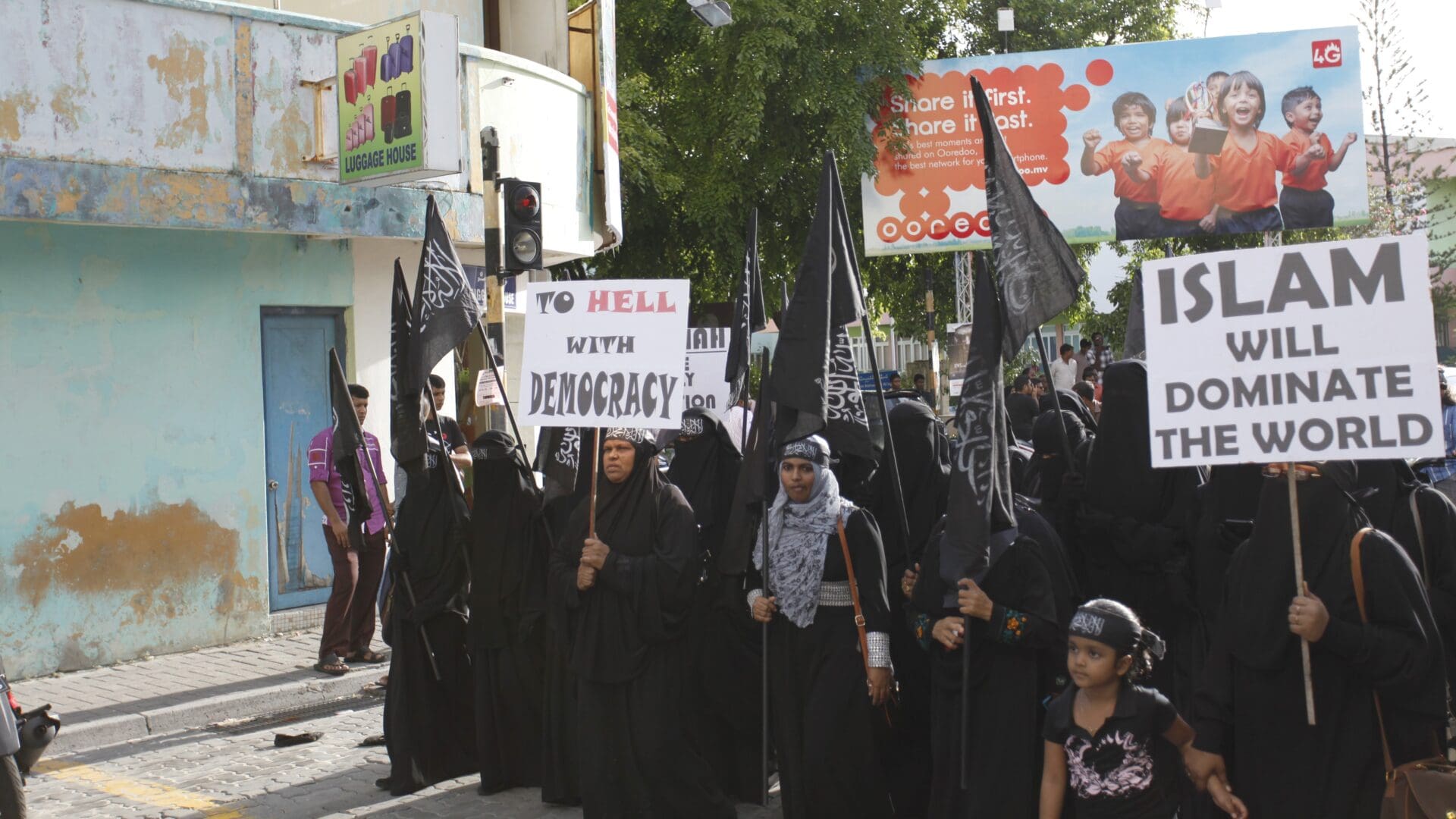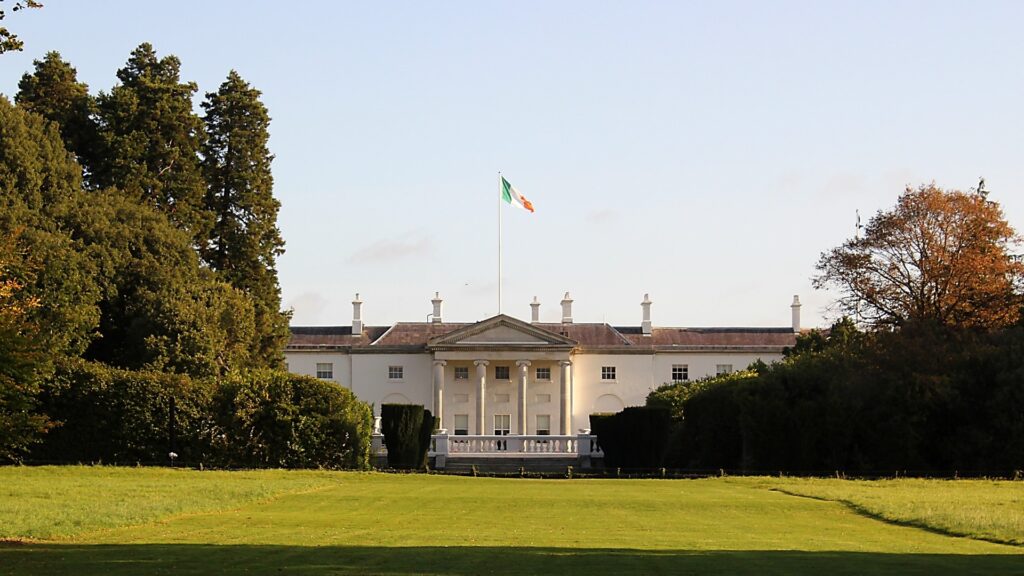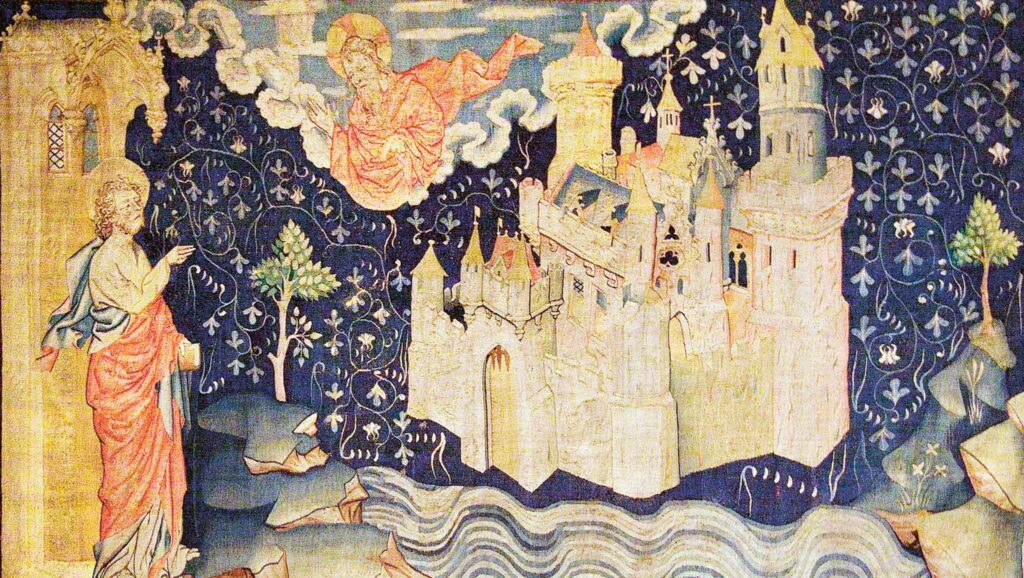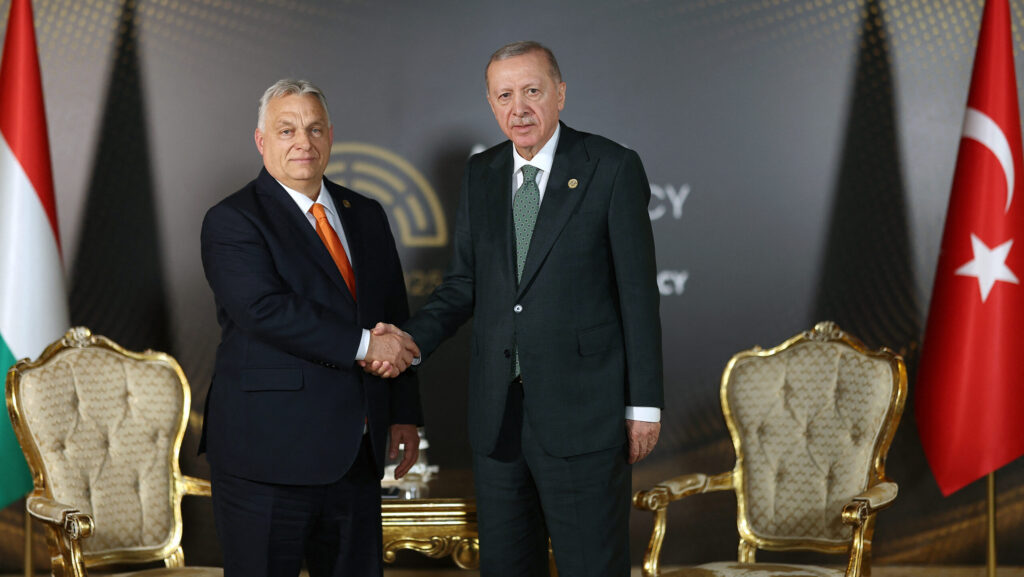In his recent article ‘British Democracy Has Surrendered to Islamist Intimidation’ author Henry George wrote:
‘Since 2001, we in Europe have allowed jihadist terrorists the violent veto over freedom of expression, with writers, filmmakers, cartoonists, and teachers murdered for ‘blasphemy.’ Islamists now do so with democracy itself…. We no longer seem to have the backbone and moral fibre to halt and push back the coercion of our politics by violent jihadist terrorists and non-violent Islamist extremists.’
This should be of no surprise for in June 2015 the High Representative of the European Union for Foreign Affairs and Security Policy, Federica Mogherini, in an apparent attempt to downplay the aforementioned division and the incompatibility of a mutual Western and Islamic approach to state affairs, stated:
‘I am not afraid to say that political Islam should be part of the picture. Religion plays a role in politics — not always for good, not always for bad. Religion can be part of the process. What makes the difference is whether the process is democratic or not…Any attempt to divide the peoples of Europe into “us” and “them” brings us in the wrong direction.’
The Islamic incursion in the West began did not begin in June 2015. Nevertheless, there is a complete misunderstanding of the nature of political Islam itself, which has been encouraged by the moral vacuum in the West.
Plato, Aristotle, and Islam
If political Islam is to be discussed within the democratic governmental structure of the West,
we must realize that Islamists abhor democracy as it stands today.
Their aversion reflects in part what Plato mentioned in Book VI of his Republic in that a pure democracy is the most inferior of all political bodies, since it is inclined to attenuate the expertise necessary to properly govern societies. A just commonwealth must be governed by the most cultivated and best-informed minds, ‘lovers of wisdom,’ for only they can objectively determine the better and more practical ends for the community. Plato also alludes that democratic politics eventually becomes dominated by those who are skilled at winning elections and nothing else. The reason for this is that most citizens are not naturally disposed to evaluate the challenging issues in the affairs of state.
One can perhaps sympathize with Muslims who concur, in theory, with Plato’s political philosophy in that society is to be ruled by a philosopher-king who in turn sets the norms of equity for both him as ruler and his subjects. Theoretically, in Islam, the ideal political state (mad nat al-f dilah) is so well-structured that it leads its citizens, according to Mohammad Azadpour, ‘as close as they can possibly be to a state of personal excellence.’ For Muslims, their prophet, being the all-wise, dictated and governed by revealed law. The distinction from the Platonic state is that the philosopher-prophet and later caliphs decreed revealed law for the same purpose but arbitrarily exempted themselves from it.
Plato’s role in Islamic politics, as can be seen, was more in creating an environment receptive to philosophical reflection than in contributing to the formation of specific philosophical tenets. The governmental structure in Islam, in fact, has a tendency to reflect Aristotle’s view of a democratic society with the classes: monarchy, aristocracy, and the polity; a caliph or an imam (king) or an elected president, an elected parliament (umma), and the governed (the citizens). This would seem ideal had Aristotle not foreseen another class of members in the city-state: the slaves (the non-Greeks of his time), who may be intelligent but lacked the natural capacity for practical reasoning. Their inherent impairment impeded their ability to deliberate and make reasonable judgments on how to live virtuous lives, which thereby disqualified them from having any public role in the body politic.
The basis of Islamic law, the sharia, correlates to this Aristotelian principle, since it too separates individuals into classes living according to their natural instinct or capacity they were created with: the fitrah. Many of them, especially women and non-Muslims, are thereby deprived of any legal or anthropological recognition that they can publicly contribute to the common good of society. Government becomes the despotic rule of master-slave, where the latter benefits from the former, or the paternal and marital rule where ‘the male is by nature more capable of leadership than the female, unless he is constituted in some way contrary to nature, and the elder and perfect [is by nature more capable of leadership] than the younger and imperfect.’
In Islamic tradition, although women have a deliberative faculty, it is, as Aristotle called it , ’without authority’ (akuron), so that females require ‘male supervision.’ This is why, as dictated by its root, Islam calls for an unconditional submission to Allah’s will as legislated by his representatives, in the similar sense that Thomas Hobbes envisioned, in his Leviathan, the complete surrender of power by the individual to the state.
The Moral Vacuum
Another misunderstanding on the nature of political Islam is the failure to disclose that, aside opening its borders, the West has inadvertently united Muslims in our homelands. It has done this by imposing upon them abortion, same-sex unions, transgenderism, and the like as human rights, which they collectively reject as improper because of their emphasis on the institution of the family.
The focus of the sharia within the family structure is of primary importance for the Islamic community, specifically for the individual male, since in it he finds his cultural and religious fulfilment, thereby reflecting the role of Allah in society. Just as Muslims depend on Allah for sustenance and guidance, the family household depends on the man for its own livelihood.
This moral vacuum has thus incited Islamic fundamental and reactionary movements to a transitory phenomenon in political, social, and economic spheres. Its drive has been concentrated ‘solely with re-establishing Muslim law, the sharia, without inventing any new political forms, which means that it is condemned to serving as a mere cover for a political logic that eludes it, a logic in which we ultimately find the traditional ethnic, tribal or communal divisions, ever ready to change their discourse of legitimization, hidden beneath the new social categories and regimes.’[1]
It does not take a rocket scientist to figure out that the capitulation of the West to political Islam is no one’s fault but the West itself. The person in the twenty-first century has to realize that the socio-political construct of Islam is structured on its religious tenets that define and stipulate a Muslim’s redemptive relationship with Allah and with his fellow Muslim. Beyond that, there is only abnormal and disordered sociability that must be either remedied or cancelled out.
[1] Olivier Roy, The Failure of Political Islam, trans. Carol Volk, Cambridge, Harvard University Press, 1994,ix.








